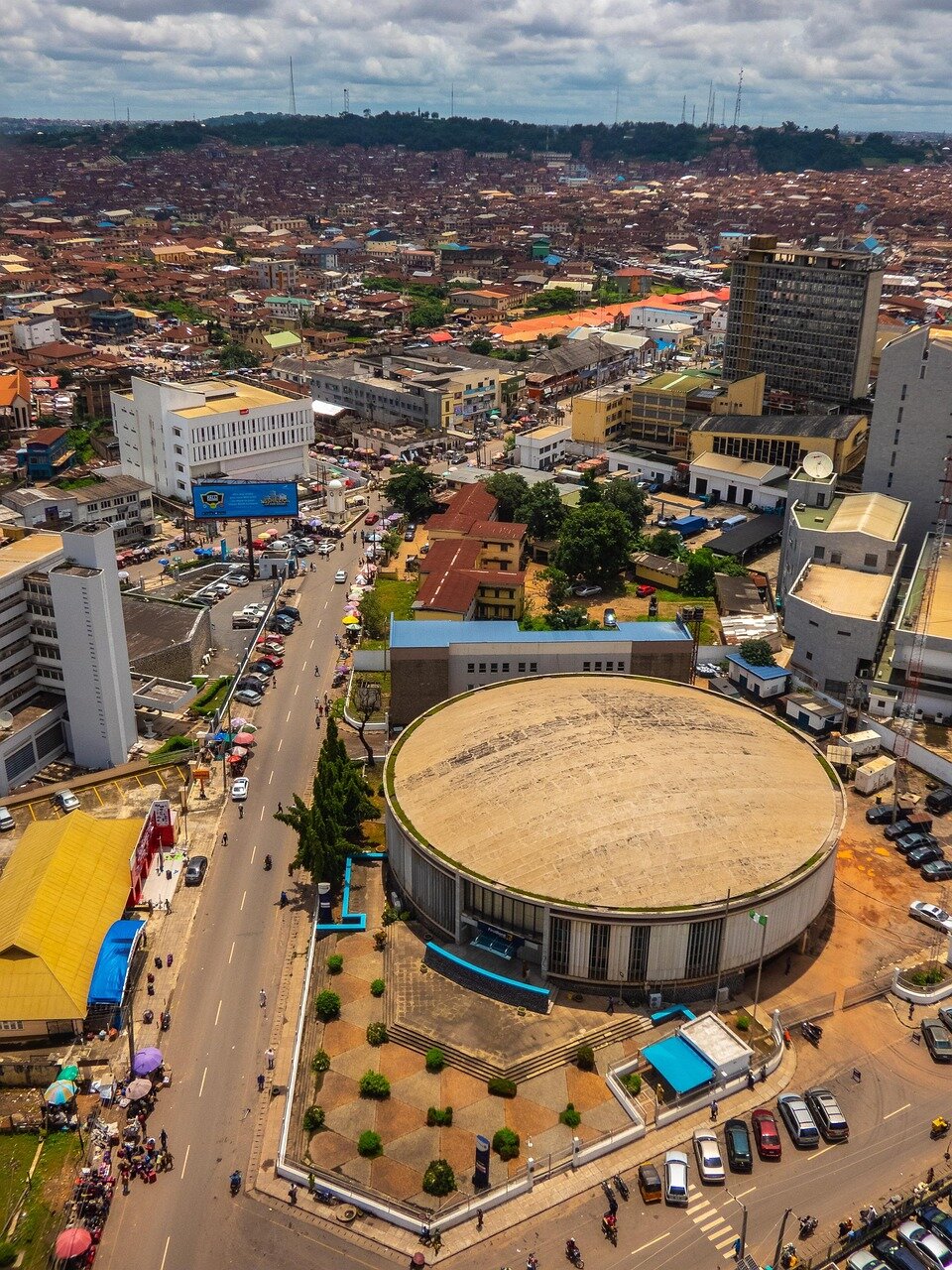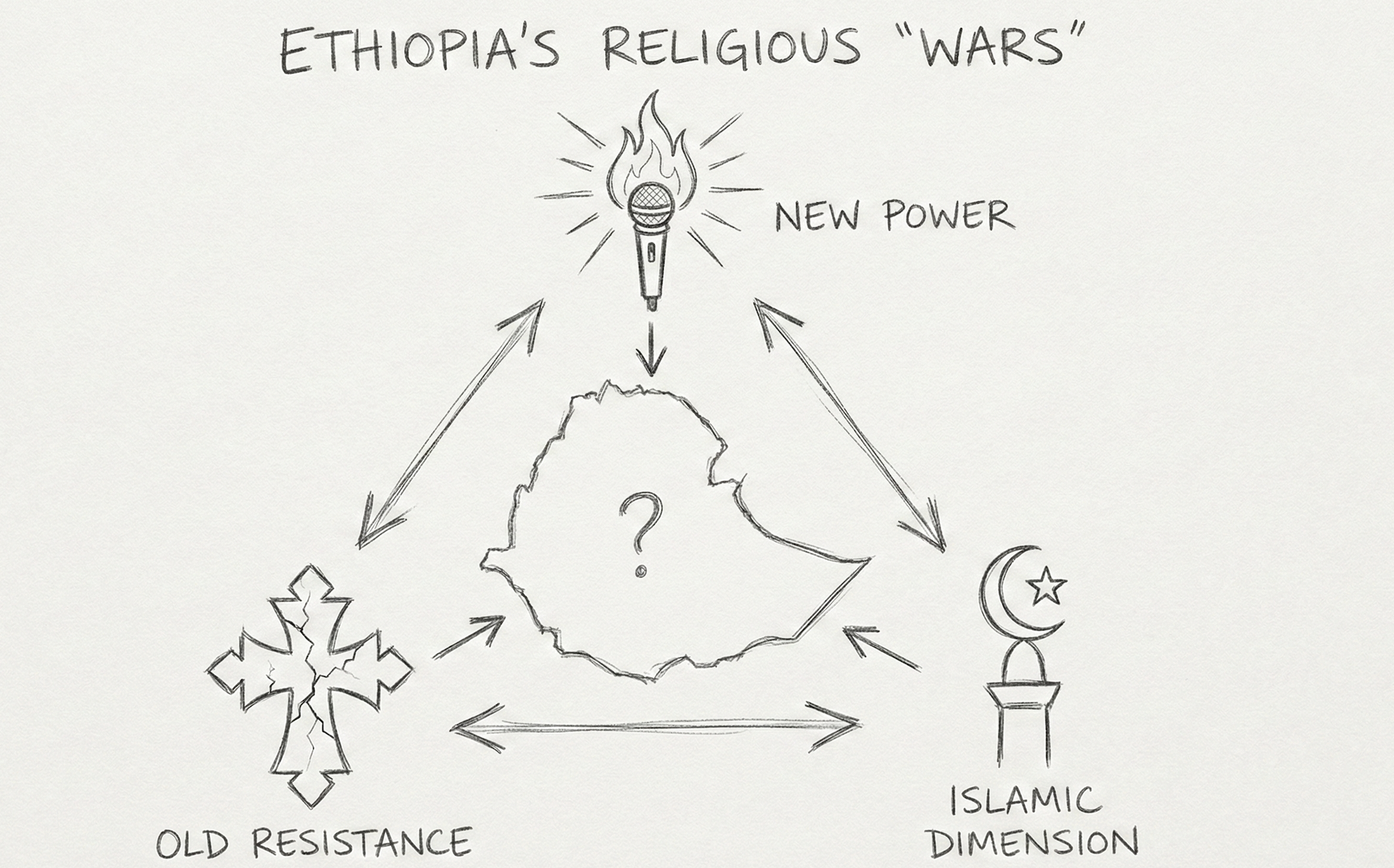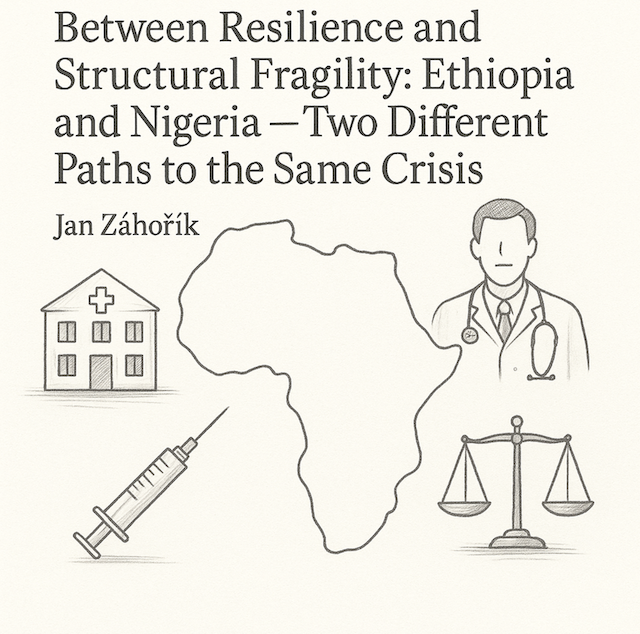Turkey's presidential elections have always been an exciting blend of diverse opinions, passionate debates, and suspenseful outcomes. As the country prepares for the upcoming polls, the political landscape is as dynamic as ever. This article delves into the most recent polls for the presidential elections in Turkey and examines the challenges that have been part of the electoral process in the last 20 years.
Recent Polls in Presidential Elections in Turkey
Turkey will hold presidential and parliamentary elections on May 14, 2023. President Tayyip Erdogan faces the biggest test of his 20-year rule in the upcoming elections that will decide not only who leads Turkey but how it is governed, where its economy is headed. Erdogan is trailing in opinion polls ahead of the May 14 vote and is trying to salvage economic credibility before the election. Turkish opposition leader Kemal Kilicdaroglu emerged as the main challenger to President Tayyip Erdogan in the upcoming elections. However, securing victory in Turkish elections often entails confronting a multitude of challenges and impediments.

Challenges in Turkish Elections in the Last 20 Years
In the past two decades, Turkey's electoral process has faced a variety of challenges. Some of the most notable incidents include:
The "Cat Incident" of 2014: In the local elections of 2014, power outages in several provinces across Turkey occurred during the vote-counting process. The authorities attributed these outages to a cat entering a power distribution unit, leading to the colloquial term, the "Cat Incident." This incident sparked curiosity and concern among the public, with some questioning the credibility of the electoral process.
Voter Fraud Allegations: Over the years, allegations of voter fraud have emerged in various Turkish elections. Accusations range from ballot-stuffing to unregistered voters casting their votes. In some cases, opposition parties have claimed that the electoral board manipulated the results. These allegations have led to calls for stronger electoral oversight and safeguards.
Media Challenges: Media coverage of elections in Turkey has faced its own set of challenges. Independent media outlets have struggled to provide balanced reporting, with some journalists facing difficulties in their work. Despite these hurdles, the resilient spirit of journalism in Turkey continues to shine through, with many outlets working tirelessly to provide accurate and unbiased information.
Changes to the Electoral System: Over the past two decades, Turkey has seen numerous changes to its electoral system. While some argue that these changes have been made to benefit the ruling party, others maintain that they are part of the democratic process. These changes have contributed to the dynamic nature of Turkey's political landscape.
Conclusion
As Turkey gears up for its upcoming presidential elections, the political climate promises to be an engaging one. The most recent polls indicate a close race between the incumbent president and the opposition leader, with the final outcome eagerly anticipated. Meanwhile, the challenges that have been part of Turkey's elections over the past 20 years offer valuable lessons and opportunities for growth. The upcoming polls could serve as a vital step in strengthening trust and transparency in Turkey's democracy.
.png)








